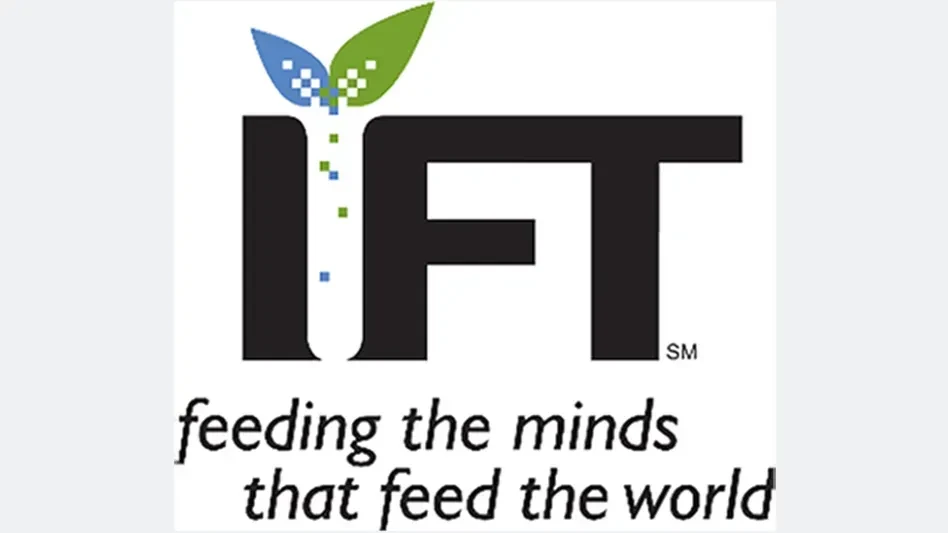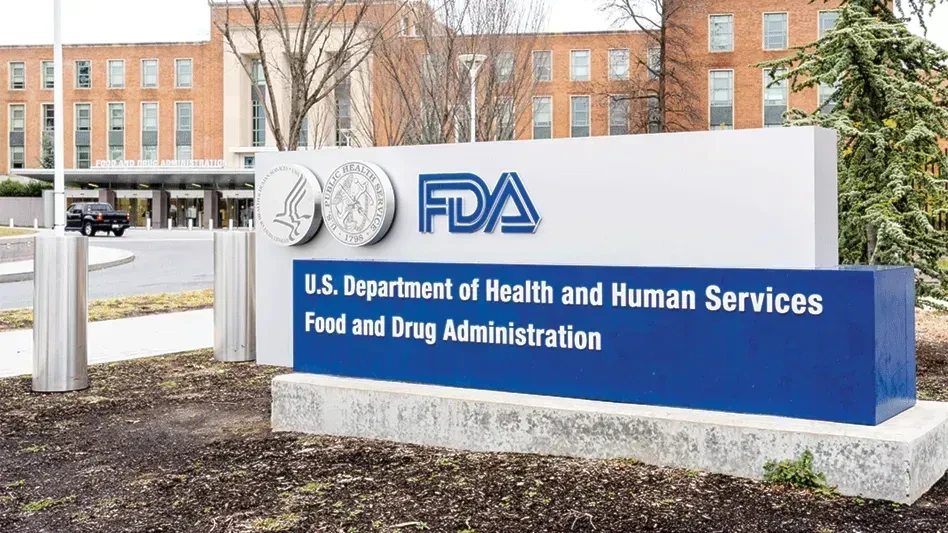
The Institute of Food Technologists, a Chicago-based nonprofit food-science organization consisting of more than 11,000 members across academia, government and industry, released the following statement in response to Illinois Senate Bill SB2637, which, if signed into law, would amend the Illinois Food, Drug, and Cosmetic Act to prohibit brominated vegetable oil, potassium bromate, propylparaben and red dye in food products manufactured, distributed or sold in the state.
“Modeled after the recently passed California Food Safety Act, Illinois Senate Bill SB2637 (Illinois Food Safety Act) would amend the state’s Food, Drug and Cosmetic Act, banning products with brominated vegetable oil, potassium bromate, propylparaben and red dye No. 3. If passed into law, Illinois food companies would be faced with the challenge of determining the impact to their products, supply chains and businesses. The U.S. Food and Drug Administration has announced plans to revoke approval of brominated vegetable oil and is evaluating the safety of red dye No. 3. Contradicting patchwork policies between federal and state regulators undermines consumer trust and creates challenging interstate distribution.
Compliance with new legislation or regulation requirements is an expensive endeavor with costs stemming from a multitude of one-time and ongoing expenses. Examples include researching alternative ingredients, developing and testing alternative products, navigating higher ingredient costs, designing new labels, setting up new supply chains and more. If passed into law, compliance with the new requirements is achievable for Illinois food companies but will require focused collaboration across multiple technical and business roles. Some businesses may consider which products they produce in or distribute to Illinois, or they may opt to leave the market entirely depending on their individual business plans and priorities.
IFT believes food safety is paramount for a food system that consumers trust, and that science is critical for establishing evidence-based policies to ensure a global food system that is sustainable, safe, nutritious and accessible to all. A state enacting food safety legislation that conflicts with FDA regulations reinforces the need for integrating modern science and technology into the global food supply and its governance. As time and resources are limited, complying with conflicting legislative and regulatory requirements diverts resources away from other critical food safety, nutrition and sustainability priorities.”
Latest from Quality Assurance & Food Safety
- Tecnologico de Monterrey Develops Nutraceutical Corn to Address Global Food Crisis
- Eurofins Healthcare Assurance Launches GMP Certification Program for Dietary and Food Supplements
- Calbee America Launches California R&D Innovation Center
- PepsiCo Completes Acquisition of Siete Foods
- Non-GMO Project Launches Non-Ultraprocessed Foods Verification
- FDA to Hold Webinar on Updated ‘Healthy’ Claim
- High-Tech Partnership Creates Natural Blue Color for Greener Tomorrow
- Kraft Heinz Hosts Innovation Challenge for Sustainable Packaging





